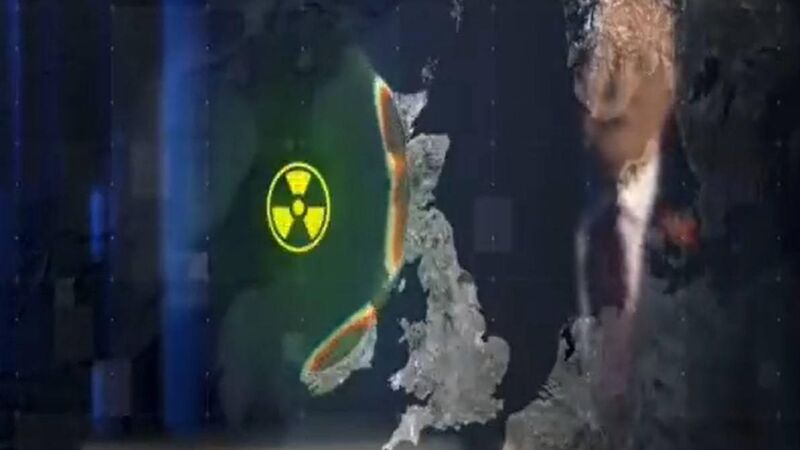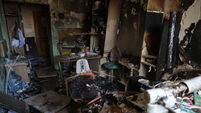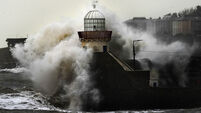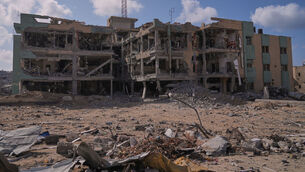TV report about potential Russian nuclear attack on Ireland 'a matter for editors'

Discussion on Russian state Television of the impact a Russian nuclear device would have if detonated off the coast of Co Donegal. Video via Twitter.
The Russian embassy in Ireland has said that recent Russian TV reports showing the impact a possible nuclear attack against Britain which also devastates Ireland were a matter for the editors concerned.
The embassy said there were “no winners” in a nuclear war and said it “must never be unleashed”.













